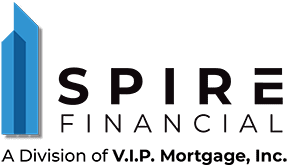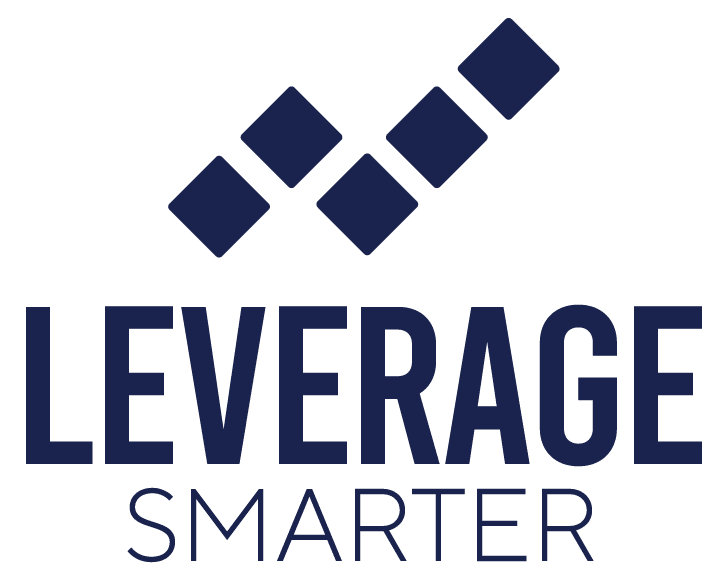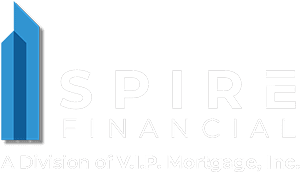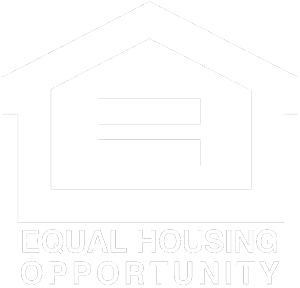Setting a budget is one of the first things potential home buyers should do to set themselves up for success through the purchase process. The two main pieces to consider are cash to close and total monthly payment – the key is to find the right balance for you.
Your cash to close budget is what are you prepared to spend now for the purchase of a home. It includes your down payment, but also closing costs such as appraisal fees, underwriting fees, and processing/loan origination fees, title insurance, title examination, homeowner’s insurance, and property taxes – which varies depending on loan program, but is usually 1-3% of the loan amount. Your down payment can be as little as 0% with a VA loan, 3% with conventional, 3.5% FHA (but could be less if using down payment assistance programs), but keep in mind a smaller down payment leads to a larger loan amount and therefore larger monthly payments. When considering your cash to close budget, you’ll also want to think about how much money will you need after your purchase. There may be some urgent items to address based on your inspection report, home improvement projects that are important to you to get done soon, or the need to buy for furniture, pay for moving costs, or establish an emergency fund.
There are certainly a lot of things to consider when budgeting for total cash to close, but if the cost of purchasing a home feels overwhelming, it doesn’t need to. Engage a trusted mortgage professional and they will help you work through these questions to make a budget – including advising on down payment assistance programs (especially for first-time home buyers!).
Regarding monthly payment, there are many adages about what percentage of your total income should go toward your monthly mortgage payment. The issue with generalizations is different people have different priorities and different circumstances. Creating your own budget is imperative, as pre-approvals use formulas for what you can qualify for, not necessarily what you can afford.
Start by determining how much income you currently receive each month. Then subtract things like how much you’ll need to save for retirement (always pay yourself first), paying off other debts (cars, education), travel savings, meals, and entertainment. Consider how much money you need to maintain your preferred lifestyle. What’s left over is a good starting place for your ideal monthly mortgage payment.
After meeting with your professional mortgage and real estate team, you may decide to adjust your budget based on market conditions, available programs, and changing needs – that’s okay! While this process may seem overwhelming at first, determining your overall budget to buy a home will help guide you on the best path to meet your long-term financial goals. Real estate is a fantastic way to build wealth because it has the potential to appreciate over time and eliminate your rent payments.
Ensure that you work with a lending professional that takes the time to understand your financial goals and help you create a plan for success!
And that’s how you Leverage Smarter.
